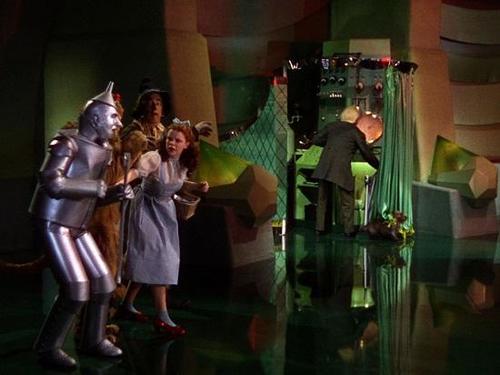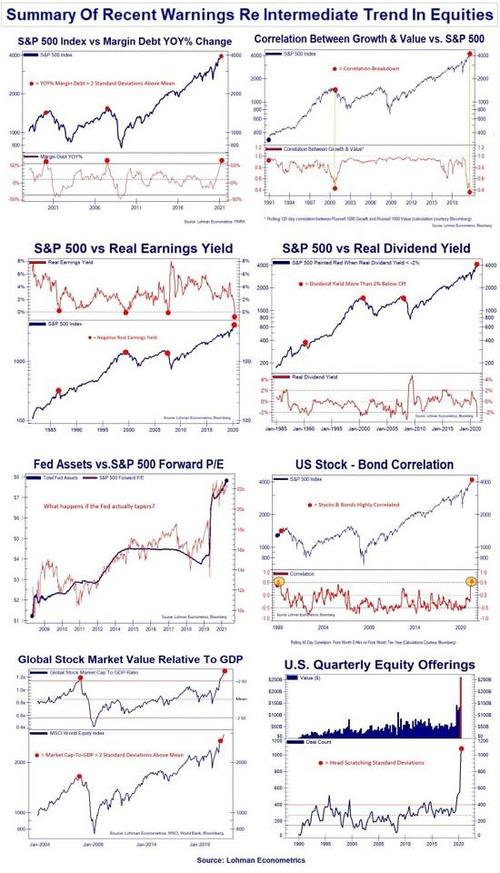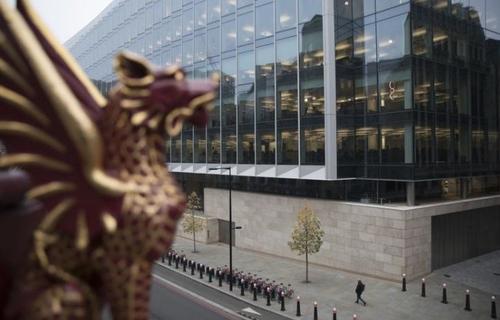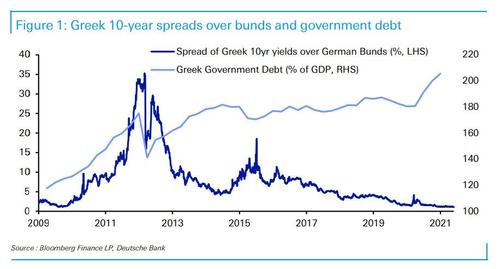
Just as May flowers follow April showers, so too do presidential campaigns fertilize the political soil for fanciful, post-election dreams of sprouting viable new third parties.
“We … declare our intent to catalyze an American renewal,” wrote 150 mostly Republican ex-politicians and security-state veterans on May 13 in a breathless joint letter, “and to either reimagine a party dedicated to our founding ideals or else hasten the creation of such an alternative.”
This new movement, posited co-founders Evan McMullin and Miles Taylor in a follow-up essay in The Economist, seeks either to wean the GOP from its “cult of personality” around former President Donald Trump or to “unify American voters who have been rendered politically homeless into a new political tribe—a resistance movement of ‘rationals’ against ‘radicals.'”
Well, good luck with that. Political independents are a fractious bunch. Building third parties from scratch without benefit of money or celebrity is an almost unfathomably dreary slog, and the last five-plus years of Republican politics has produced a series of humiliations for the #NeverTrump right.
If the American Renewal founders’ names sound vaguely familiar, it’s because they are two of the many anti-Trump bugs that have splatted on the windshield of MAGA.
McMullin, an ex-CIA officer, mounted a late-breaking independent presidential run in 2016, finishing in fifth place with 0.5% of the vote. Taylor, a former Department of Homeland Security chief of staff, made a media stir in 2018 with an anonymous New York Times op-ed titled “I Am Part of the Resistance Inside the Trump Administration.” Few people could pick the two men out of a police lineup; meanwhile, Trump remains by far the most popular politician in his party.
Joining McMullin and Taylor are several other signatories who’ve tangled with Trump and lost: former 2016 Jeb Bush strategist Mike Murphy; short-lived White House communications director Anthony Scaramucci; and “three stooges” (in Trump’s derisive words) Bill Weld, Joe Walsh, and Mark Sanford, who ran against the 45th president in the 2020 GOP primaries and lost the popular vote by a combined 93 percentage points.
Reforming the Republican Party from within seems a tall order at a time when half the GOP congressional delegation voted against certifying the 2020 presidential election, and when last names such as Cheney and Romney are radioactive. So what about some new Third Way?
Here’s where the odds really get long.
“At the risk of understatement,” Joe Bishop-Henchman, chair of the 50-year-old Libertarian Party told me in January, “starting a new political party is very hard. It requires a lot of money, a lot of work, a lot of volunteers.”
Would-be new entrants are at a massive fundraising disadvantage from the jump. The Federal Election Commission (FEC) only allows parties with “national committees” to accept individual donations as high as $35,000; the rest have to make do with checks for $5,000 apiece. In order to be recognized by the FEC as having a national committee, parties must jump through all kinds of hoops, such as holding a national convention and running a “sufficient number of party-designated federal candidates on the ballot in a sufficient number of states in different geographic areas.”
Now, you may believe as I believe that such rules are unfair, but let’s remember who writes them: officials elected and appointed by the two major political parties that together have combined for at least 97% of the presidential vote in 18 of the last 24 elections, including four of the last five. And as we’ve seen from 2021 controversies in states as varied as Georgia and New York, the partisan wrangling over re-writing election law has become an ugly exercise in brute political strength.
I, too, would love to see a Republican Party that moves on from and repudiates the worst aspects of Donald Trump. But then again, I’m not a Republican. The 74 million people who voted for the guy in 2020 are not likely to be persuaded by haughty ex-spooks and 1990s reform governors threatening to hold their breath until enough people declare Orange Man Bad.
With every week comes new developments—the debate over launching a bipartisan January 6 commission, for example—reminding us, with the ever-able assistance of the media, that many Republicans will continuously warp their principles to stay professionally viable while Trump’s spell on the party still holds. It isn’t pretty to watch.
But nor is looking the other way as a Democratic-run Washington zooms through record spending bills without much in the way of scrutiny. If it’s true that Republicans can’t quite quit Trump, it may also be true that neither can the media nor the #NeverTrump right.
As evidenced by the fundraising prowess of the Lincoln Project, the Trump-tweaking political action committee, several of whose co-founders have signed onto American Renewal, there is a market out there for selling Democrats the dream of a fractured GOP. As if on cue, the new movement has already been invited onto MSNBC and saluted by Stephen Colbert.
Turns out that’s the easy part. Ask the 35 GOP House members who voted for the January 6 commission whether they think the “rationals” will soon win over the “radicals.” As for a meaningful new party, even McMullin and Taylor acknowledge “it would be the Mount Everest of political challenges.”
If American Renewal is going to be more than a fundraising vehicle, better start climbing now.
This article originally appeared in the Los Angeles Times.
from Latest – Reason.com https://ift.tt/3fogfVu
via IFTTT







